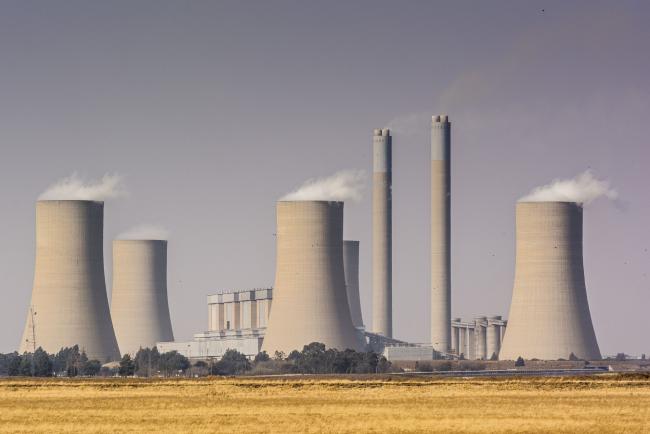(Bloomberg) -- JPMorgan Chase (NYSE:JPM) & Co. economists warned that standard models on the costs of a “business-as-usual” approach toward climate change may be flawed by failing to incorporate the Black Swan-type risk of pushing the planet into conditions unseen for millions of years.
“There are plenty of non-linear tipping points in the climate system that could make the economic consequences of BAU much more severe,” David Mackie and Jessica Murray, economists at the bank in London, wrote in a note to clients Thursday. BAU stands for business-as-usual. “It is hard to know what weather outcomes will occur. Econometric estimates are based on small deviations in the mean of the probability distribution.”
Mackie and Murray said business-as-usual studies didn’t generally provide the kind of numbers that would motivate governments to take costly climate-mitigation policies now.
They referenced research including an August 2019 working paper from the National Bureau of Economic Research, which suggested that a persistent rise in average global temperature of 0.04 degrees celsius annually would hit world gross domestic product per capita by 7.22% by 2100.
Given that incomes would likely be much larger than today by 2100, that magnitude of damage is “trivial,” the JPMorgan (NYSE:JPM) economists wrote. Assuming a $100 level of income today and 2% GDP per capita gains until 2100, it would be the difference between $487 and $453, they illustrated.
When Is Change a ‘Crisis’? Why Climate Terms Matter: QuickTake
“Given that wealth is likely to grow over the coming 80 years, even sizable losses in wealth still leave future generations wealthier than the current generation,” Mackie and Murray wrote. “This raises the question of whether it will be possible for governments to push through difficult climate policies on the basis of counterfactual losses.”
But all of that analysis may be deficient, they indicated.
“The economics of climate change is really in the tails of the probability distribution, and in the risk of disastrous outcomes,” they wrote.
Read here about the IMF’s most emphatic statement on climate change yet.
